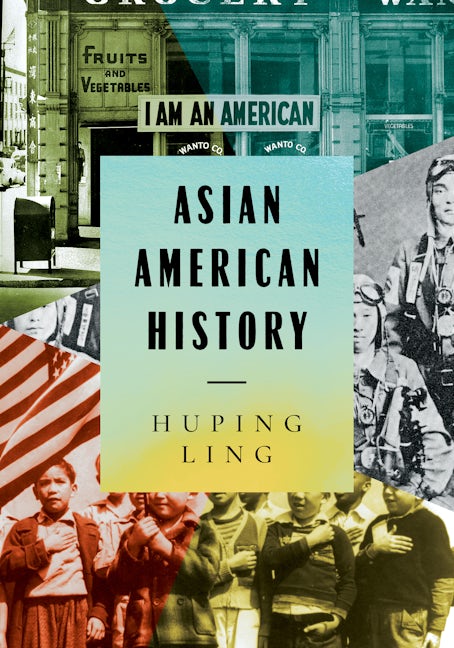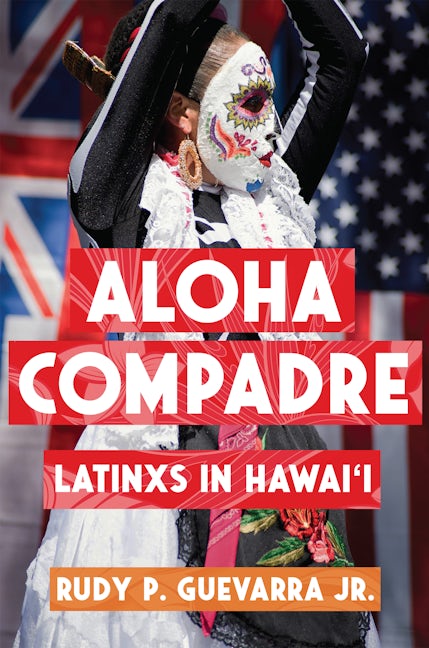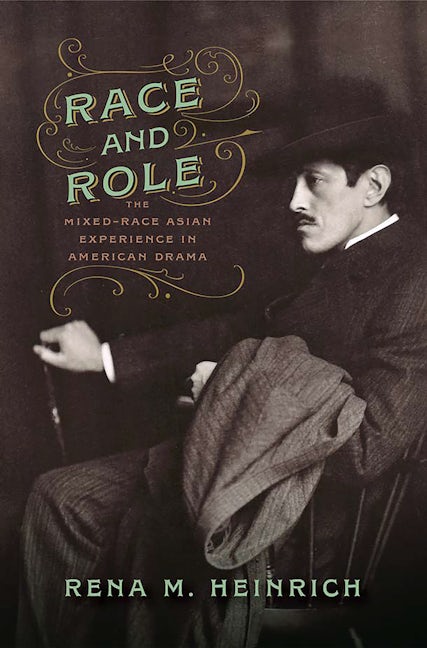Women from Chuuk, Federated States of Micronesia, who migrate to Guam, a U.S. territory, suffer disproportionately poor reproductive health outcomes. Though their access to the United States is unusually easy, through a unique migration agreement, it keeps them in a perpetual liminal state as nonimmigrants, who never fully belong as part of the United States Chuukese women move to Guam, sometimes with their families but sometimes alone, in search of a better life: for jobs, for the education system, or to access safe health care. Yet, the imperial system they encounter creates underlying conditions that greatly and disproportionately impact their ability to succeed and thrive, negatively impacting their reproductive health. Through clinical and community ethnography, Sarah A. Smith illuminates the way this system stratifies women’s reproduction at structural, social, and individual levels. Readers can visualize how U.S. imperialist policies of benign neglect control the body politic, change the social body, and render individual bodies vulnerable in the twenty-first century but also how people resist.
Foreword by Lenore Manderson
List of Abbreviations
Introduction: Imperial Chuukese Bodies, Transnational
Migration, and Stratified Reproduction in Guam
1 Imperial Occupations
2 Imperial Observations
3 Imperial Migrations
4 Reproducing Imperialism in the Body
5 Discourses of Imperial Sexuality
6 Contempt, Confusion, and Care in Guam’s Imperial
Public Healthcare System
7 Resisting Imperial Effects
Acknowledgments
Notes
References
Index












